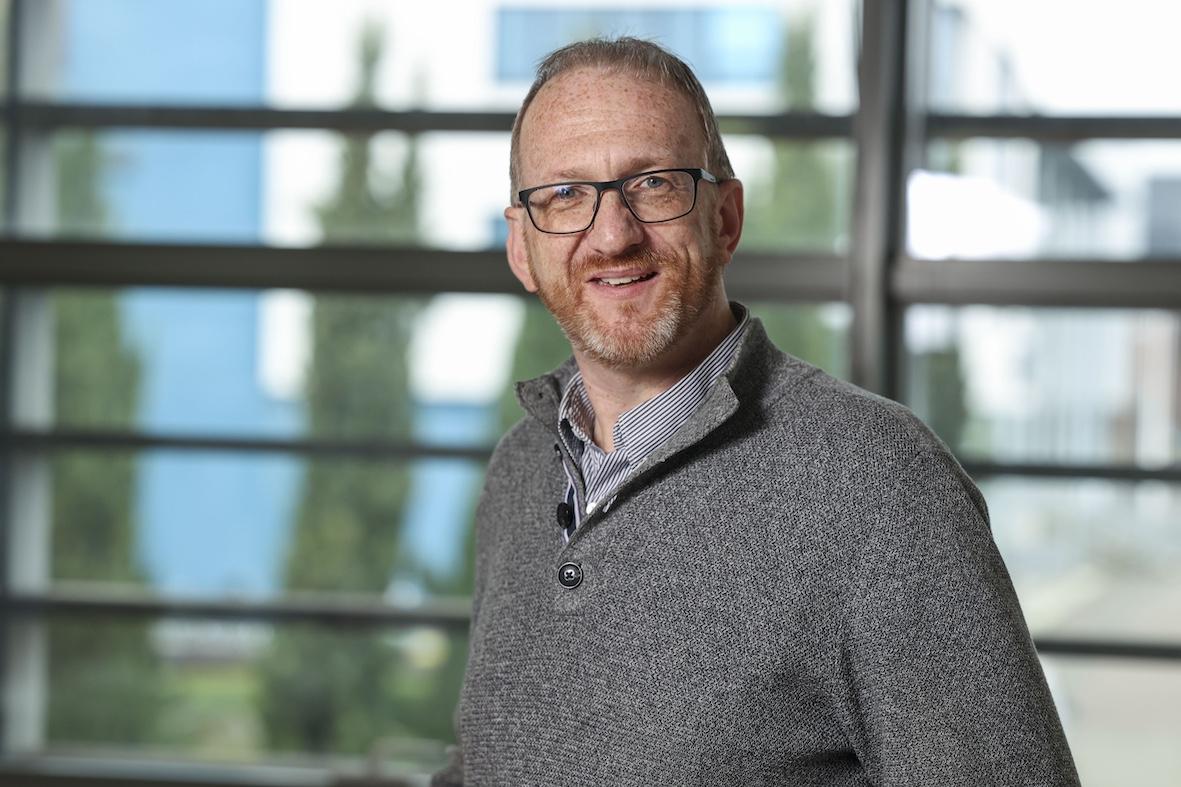

Faculty researchers have received SFI ‘Frontiers for the Future’ funding
Nanoplatforms
“Our research is at the forefront of nanomedicine, focusing on developing innovative drug delivery systems using carbon nano-onions,” said Prof Giordani.
“This technology aims to revolutionise the treatment of cancer by providing targeted, efficient and low-dose therapies with minimal side effects.”
“By improving the precision of drug delivery, our work has the potential to significantly enhance the quality of life for patients, reduce treatment costs, and increase the effectiveness of current medical interventions.”
“I am grateful for the support from SFI and the confidence they have placed in our work. This grant will allow us to collaborate with leading experts, acquire cutting-edge technology, and accelerate our research.”

Therapeutics
“This research is looking at understanding and ultimately improving the production of protein therapeutics by cells,” said Dr O’Sullivan.
“It will help to potentially lower the costs and increase the availability of these new therapies.”
“I am delighted to have received this funding from SFI; it will provide new knowledge on the important processes involved in manufacturing the new therapeutics needed.”

Nanolaminates
“We will be working to merge known low-cost materials into new materials with far superior properties by layering them on the atomic scale,” said Dr Fleischer.
"We will improve on deposition methods to make such layered materials as well as finding the right combinations of materials to merge.”
“Ultimately, we aim to reduce the use of critical raw materials in consumer electronics such as displays, but also in photovoltaic solar cells."
“In the long term, this will not only reduce the price of displays but even makes a widespread use of solar voltaics possible as supply issues, for instance silver, can eventually be overcome.’
“I’m delighted to be able to work with my research team in DCU and TCD over the next few years to push the boundaries of material science.”
